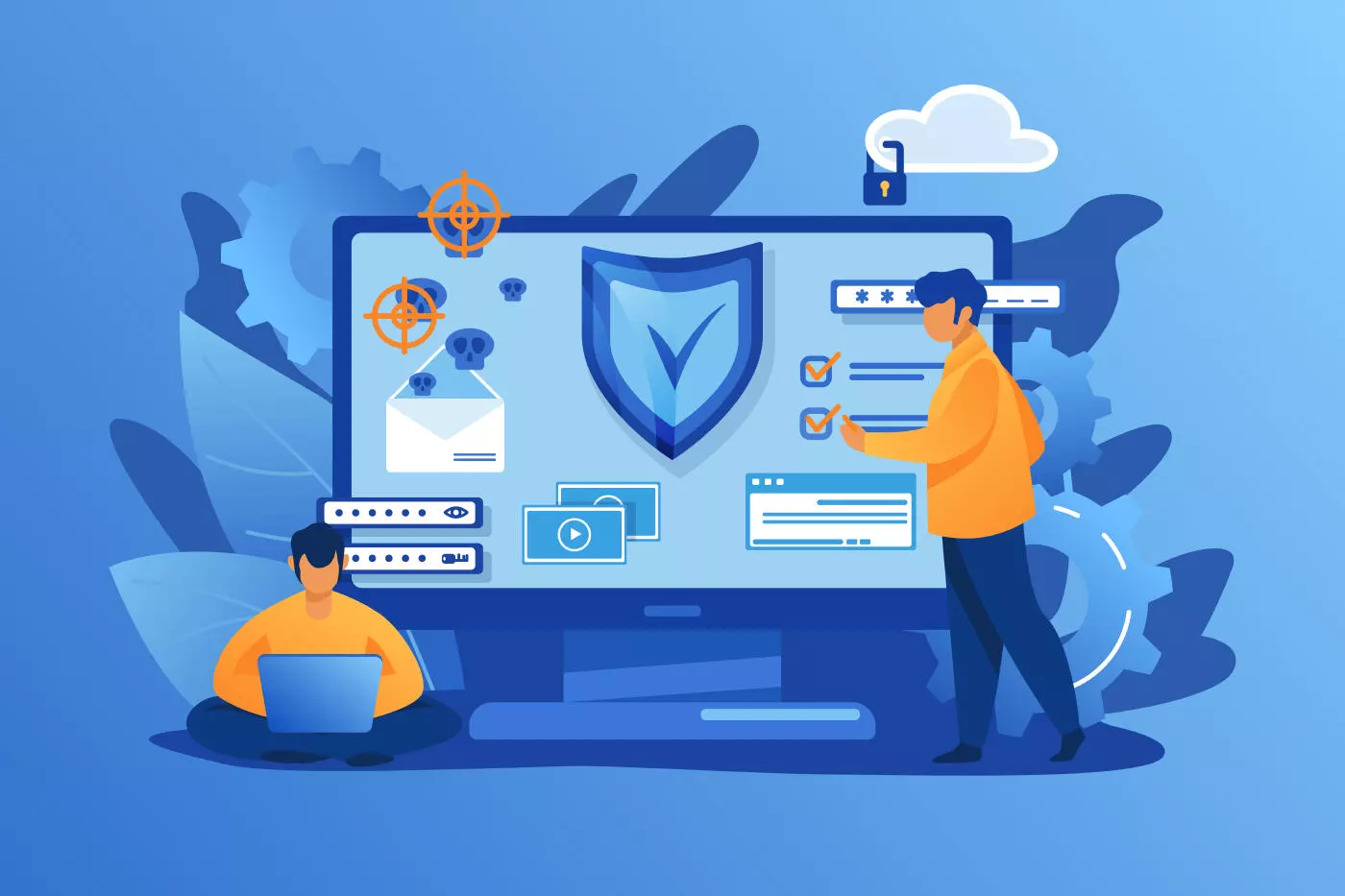WordPress is the leading content management system (CMS) on the internet, powering millions of websites worldwide. As a website owner, it’s crucial to ensure the security of your WordPress site. In this comprehensive guide, we’ll delve into the various aspects of WordPress security and provide you with valuable insights and strategies to protect your website from potential threats. From understanding common vulnerabilities to implementing robust security measures, we’ve got you covered.
Understanding WordPress Security
To address the question, “Is WordPress secure?”, it’s essential to explore the underlying security framework of the platform. WordPress itself is inherently secure, with a dedicated team continuously working on improving its security features. However, the responsibility also lies with the website owner to implement best practices and follow security guidelines to fortify their WordPress site.
Common WordPress Vulnerabilities
While WordPress is a secure platform, certain vulnerabilities can arise due to human error, outdated plugins or themes, weak passwords, or insufficient security configurations. By understanding these vulnerabilities, you can proactively safeguard your website.
Plugin and Theme Security
Plugins and themes enhance the functionality and design of your WordPress site, but they can also introduce security risks if not managed properly. It’s crucial to install plugins and themes from reputable sources, keep them updated regularly, and remove any unnecessary or outdated ones.
User Authentication and Passwords
Weak passwords and compromised user accounts are common entry points for hackers. Enforcing strong passwords and implementing two-factor authentication (2FA) can significantly enhance the security of your WordPress site. Additionally, limiting the number of login attempts and regularly reviewing user accounts can prevent unauthorized access.
Best Practices for WordPress Security
Securing your WordPress website requires a proactive approach. By following these best practices, you can significantly reduce the risk of security breaches.
Regular Updates and Maintenance
Keeping your WordPress core, plugins, and themes up to date is essential for maintaining a secure website. Updates often include security patches that address known vulnerabilities. Enabling automatic updates or regularly checking for updates manually ensures that your site is protected against emerging threats.
Secure Hosting Environment
Choosing a reputable hosting provider is crucial for WordPress security. Look for hosts that provide robust security measures, including firewalls, malware scanning, and regular backups. A secure hosting environment forms the foundation of a protected WordPress site.
SSL Encryption
Implementing SSL (Secure Sockets Layer) encryption is vital to safeguard data transmitted between your website and visitors. An SSL certificate establishes an encrypted connection, ensuring sensitive information remains private and protected. It also positively impacts your site’s search engine rankings.
Limiting File Permissions
Proper file permission settings restrict unauthorized access to your website files. Set permissions to allow only the necessary actions for each file or directory, minimizing the potential damage caused by compromised accounts or malicious activities.
Website Backups
Regularly backing up your WordPress site is crucial for disaster recovery. In the event of a security breach or data loss, having a recent backup allows you to quickly restore your site to its previous state. Utilize reliable backup solutions or WordPress plugins to automate this process.
Enhancing WordPress Security: Advanced Measures
In addition to the best practices mentioned above, there are advanced security measures you can implement to further strengthen your WordPress site’s security.
Web Application Firewall (WAF)
A Web Application Firewall acts as a shield between your website and potential threats. It analyzes incoming traffic, filters out malicious requests, and blocks suspicious activity. Implementing a WAF provides an additional layer of protection, reducing the risk of attacks targeting your WordPress site.
Malware Scanning and Monitoring
Regularly scanning your WordPress site for malware ensures that any malicious code or files are detected and removed promptly. Several plugins and security services offer automated scanning and monitoring features, providing real-time protection against potential threats.
Secure Login and User Management
Implementing secure login measures, such as CAPTCHA or reCAPTCHA, can prevent automated bots from accessing your site. Additionally, managing user roles and permissions effectively ensures that each user has appropriate access rights, minimizing the risk of unauthorized actions.
Conclusion
WordPress security should be a top priority for website owners. By implementing a comprehensive security strategy that encompasses best practices and advanced measures, you can mitigate potential risks and keep your WordPress site secure. Remember to stay updated with the latest security trends and regularly review and improve your security measures to stay one step ahead of hackers.
Read the complete article here and learn more about WordPress security.
How can I improve WordPress security?
- Keeping your WordPress core, plugins, and themes updated
- Choosing a secure hosting provider
- Implementing SSL encryption
- Using strong passwords and enabling two-factor authentication
- Regularly backing up your website
- Implementing a Web Application Firewall (WAF)
- Scanning your site for malware
- Secure login and user management
Are there any security plugins for WordPress?
- Wordfence Security
- Sucuri Security
- All In One WP Security & Firewall
- iThemes Security
- Shield Security
What are the common WordPress vulnerabilities?
- Outdated plugins and themes
- Weak passwords and compromised user accounts
- Unsecured hosting environments
- Insufficient file permissions
- Lack of SSL encryption

